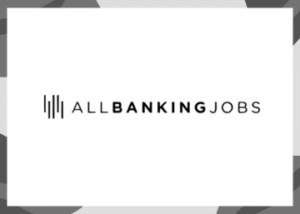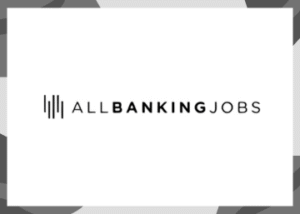Understanding Financial Concepts and Banking Interview Questions
When it comes to evaluating a company’s financial health, one crucial metric is the difference between current assets and current liabilities, which is known as working capital. It amounts to current assets and cash minus current liabilities. This metric provides insights into a company’s short-term liquidity and ability to meet its financial obligations.
DDM and Cost of Equity vs. Cost of Debt
DDM, or Dividend Discount Model, is a method used to value a company based on the present value of its future dividends. When comparing the cost of equity and the cost of debt, the cost of equity is typically higher due to the higher risk associated with equity investments. Equity investors expect higher returns to compensate for the increased risk compared to debt holders.
Companies often prefer equity financing to debt financing for several reasons. Equity financing is less risky as it does not require repayment. It provides more cash on hand and allows companies to retain profits for growth rather than debt repayment. Additionally, equity investors usually have a longer-term perspective, which can benefit the company’s stability and credibility.
Accounting for Stock-based Compensation and Convertible Bonds
When valuing a company, stock-based compensation is accounted for by including the value of the issued stock options or shares in the company’s overall valuation. Convertible bonds are considered part of a company’s debt when calculating enterprise value, as they can be converted into equity at a later date.
The net present value of $1 with a 10% discount rate over 10 years is approximately $0.386. An increase in the financial reserve is adjusted in a company’s financial statement by recognizing it as a liability or as part of shareholders’ equity, depending on the nature of the reserve.
Culture-based Questions in Banking Interviews
During banking interviews, candidates may encounter culture-based questions to assess their fit with the organization. These questions delve into the candidate’s unique qualities, career goals, personal interests, and problem-solving skills. Banks seek candidates who align with their culture and values to ensure a harmonious work environment.
Some common culture-based questions include inquiring about the candidate’s hobbies, strengths and weaknesses, career aspirations, and how they handle challenging situations. By understanding the candidate’s personality and motivations, banks can gauge their potential contribution to the organization.
For a comprehensive list of banking interview questions and how to answer them, you can refer to this source.
Have a confidential story, tip, or comment you’d like to share? Contact: +44 7537 182250 (SMS, WhatsApp or voicemail). Telegram: @SarahButcher. Signal: sarahbutcher.22 Click here to fill in our anonymous form, or email editortips@efinancialcareers.com.
Bear with us if you leave a comment at the bottom of this article: comments are moderated intermittently by human beings. Sometimes these humans might be asleep, or away from their desks, so it may take a while for your comment to appear. You must take sole responsibility for comments you post on this site. We will take reasonable steps to weed out anything that we consider to be offensive or inappropriate.






